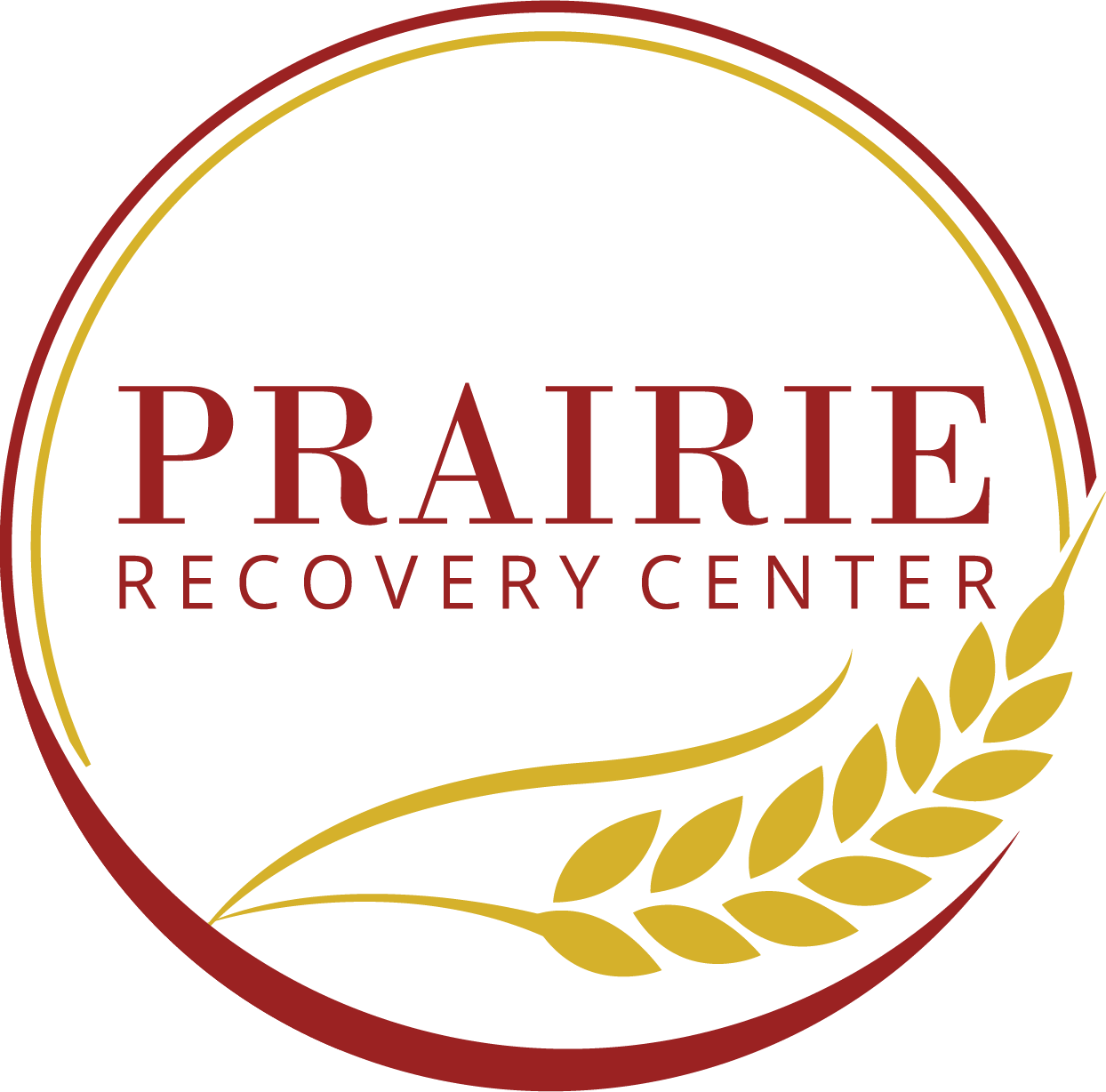If you are reading this, you or someone you know is likely struggling with addiction. Addiction is a disease that takes over a person’s life, causing them to lose sight of what is important.
One of the most important things you can do to recover from addiction is to develop healthy life skills. Prairie Recovery’s life skills training programs are designed to help you develop examples of life skills you need to live a healthy, happy, and successful life. Our programs are based on the latest research and are tailored to meet your unique needs. Call us at [Direct] and learn more today.
What Is Learned in Life Skills Training?
When it comes to addiction treatment, one size does not fit all. There are a variety of different examples of life skills approaches that can be effective in helping someone recover from addiction. Here is what is learned in life skills training:
- How to cope with stress – Stress is a normal part of life, but it can be especially difficult to manage when you’re in recovery from addiction. In our life skills training program, you’ll learn how to identify your triggers, cope with stress in healthy ways, and develop a support system to help you through difficult times.
- How to manage your time – Time management is an important skill to develop in recovery. In our life skills training program, you’ll learn how to set goals, prioritize your time, and manage your time to support your recovery.
- How to make healthy choices – One of the most important things you can do in recovery is to make healthy choices. In our life skills training program, you’ll learn how to identify your values, set healthy boundaries, and make choices that align with your recovery goals.
- How to develop a support system – A strong support system is essential for recovery. In our life skills training program, you’ll learn how to build and maintain a healthy support system of family, friends, and professionals.
Addiction recovery is a journey, and we are here to support you every step of the way. Our life skills training programs are just one part of the comprehensive treatment services we offer at Prairie Recovery. Keep reading on to learn more.
What Is Learned in Life Skills Coaching?
In addition to our life skills training program, we also offer life skills coaching. Life skills coaching is a more individualized approach to developing healthy life skills. In life skills coaching, you will work one-on-one with a life coach to identify your goals, develop a plan to achieve those goals, and identify any barriers that might be preventing you from achieving your goals.
The skills learned in life skills coaching provide you with the opportunity to develop healthy life skills at your own pace and in a way that is tailored to your unique needs. If you are interested in learning more about our life skills coaching program, please contact us today.
If you are struggling with addiction, life skills coaching can be a helpful supplement to our life skills training program or can be done as a standalone service.
Get Started With Life Skills Training at Prairie Recovery
If you or someone you know is struggling with addiction, life skills training can be an essential part of the recovery process. At Prairie Recovery, we offer a variety of life skills training programs tailored to meet your unique needs. Some examples of life skills that can be learned in life skills coaching include:
- How to create and maintain a budget
- How to cook healthy meals
- How to create and stick to a daily routine
- How to manage stress
- How to deal with triggers
- How to develop and maintain healthy relationships
- How to set goals
- How to prioritize your time
- How to communicate effectively
- How to manage your emotions
- How to resolve conflict
These are just a few examples of life skills that can be learned in life skills coaching. Life skills coaching is tailored to meet each individual’s unique needs in treatment.
Call us today at [Direct] to learn more about our programs.

